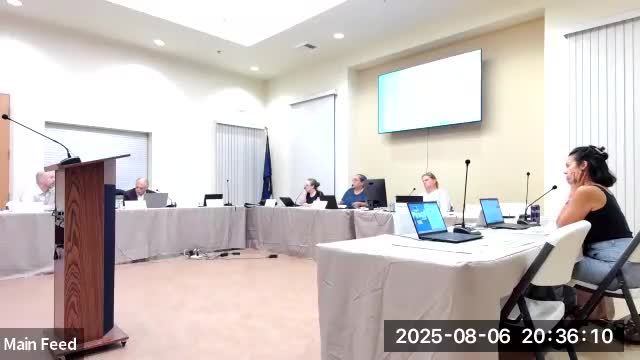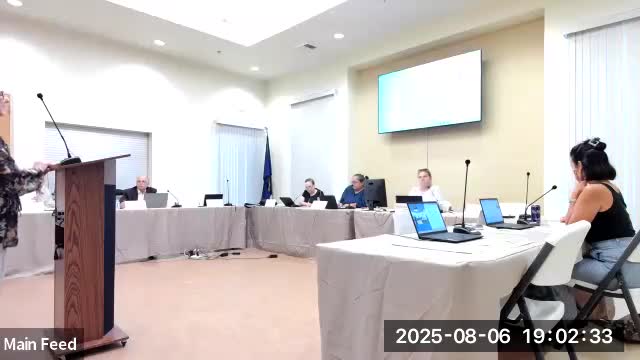Article not found
This article is no longer available. But don't worry—we've gathered other articles that discuss the same topic.

Council requires committee concurrence for invited nonprofits at city booths and waives fees for council-approved committee events

Staff favors Rogue Community Health and Talent Clinic for community resource center; seniors' group seeks small office

